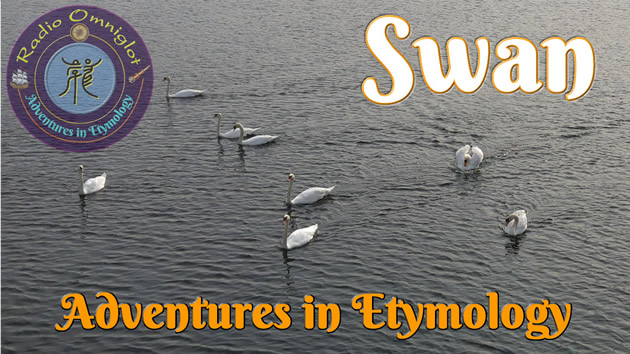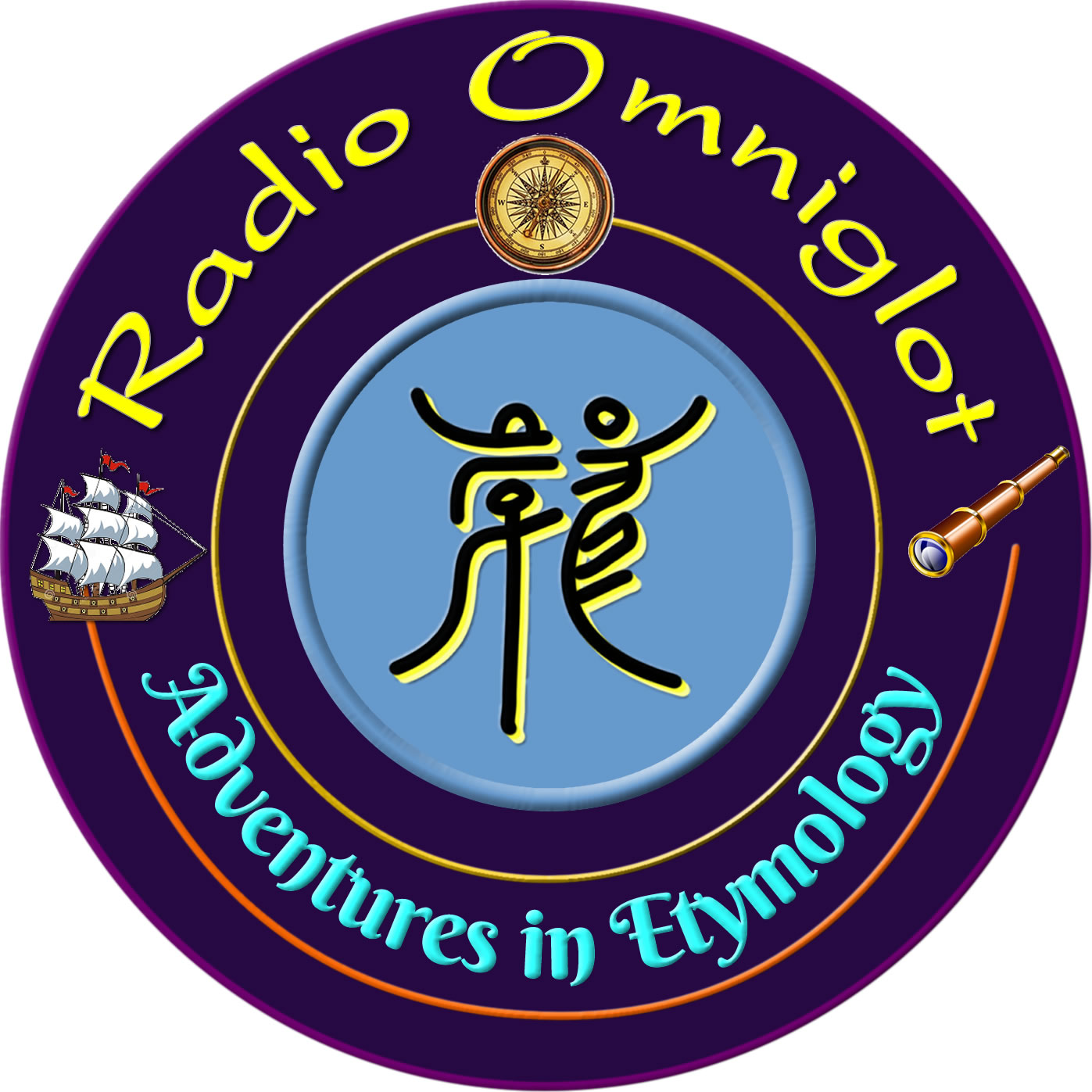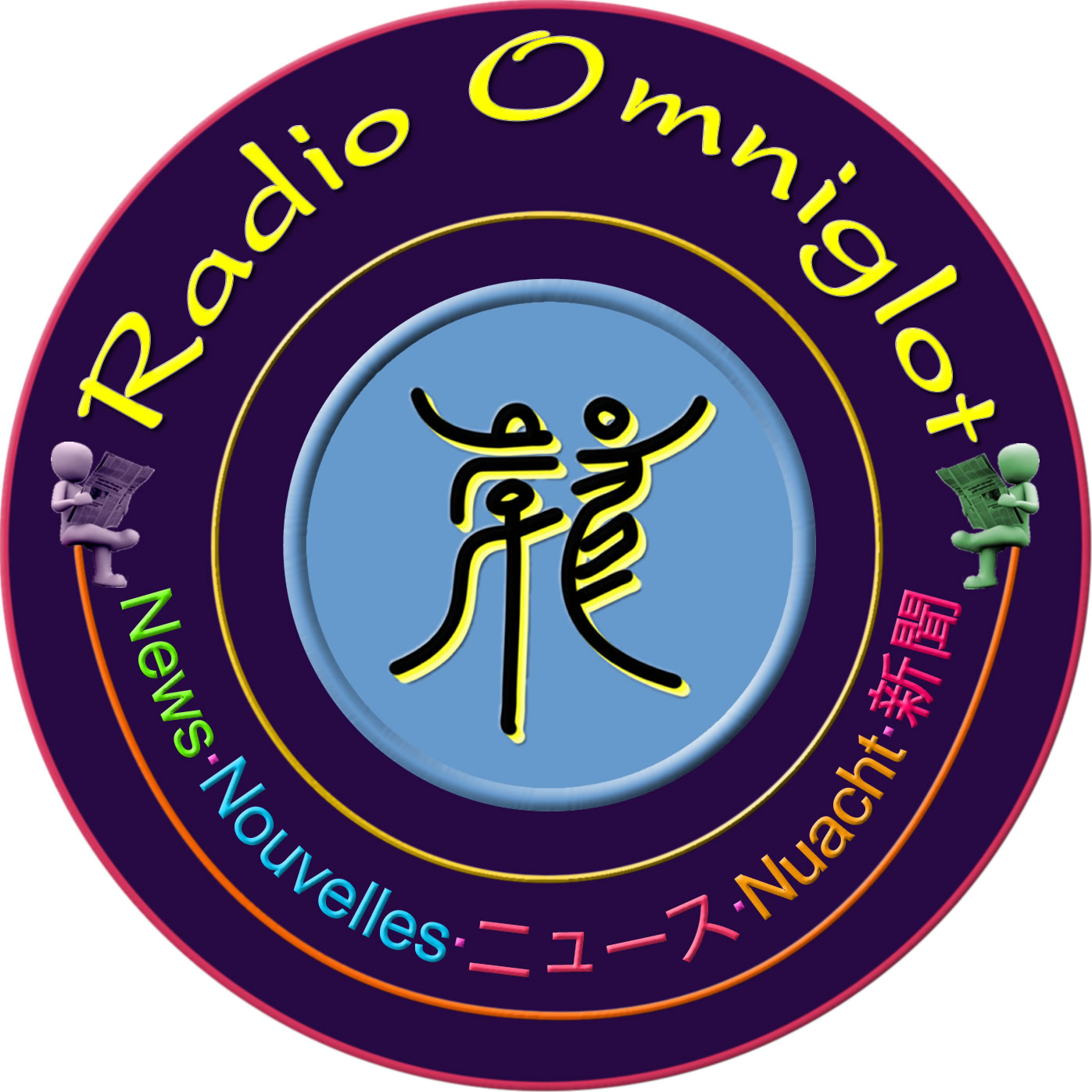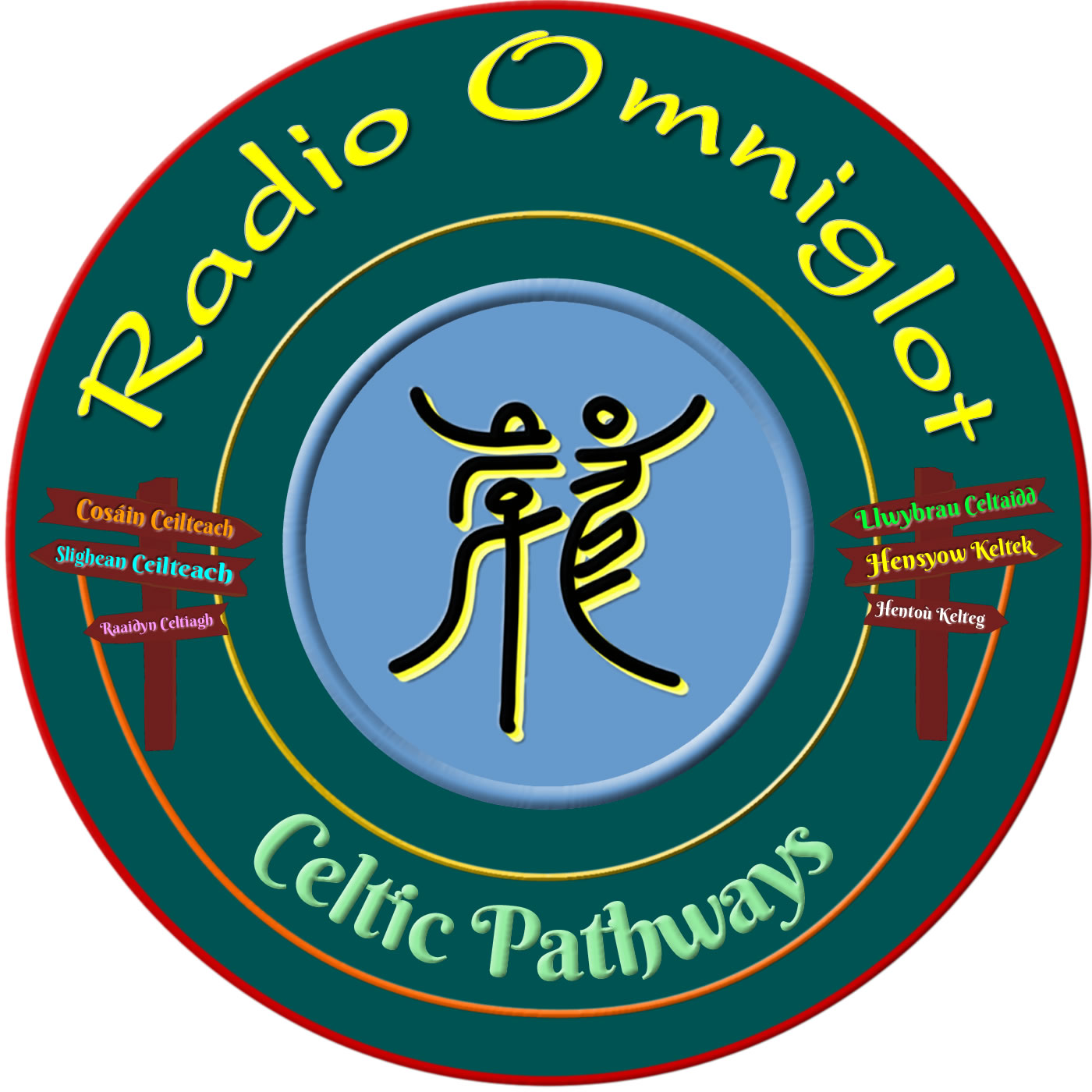Adventures in Etymology – Swan
Description
In this Adventure in Etymology we’re looking into the origins of the word swan.

A swan [swɒn/swɑn] is:
- Any of various species of large, long-necked waterfowl, of genus Cygnus (bird family: Anatidae), most of which have white plumage.
- One whose grace etc. suggests a swan.
It comes from Middle English swan [swan] (swan, swan meat), from Old English swan [swɑn] (swan), from Proto-West-Germanic *swan (swan) from Proto-Germanic *swanaz [ˈswɑ.nɑz] (swan, literally “the singing bird”), probably Proto-Indo-European *swenh₂- (to sound) [source].
Words from the same roots include sound, sonnet and sonata in English, zwaan [zʋaːn] (swan) in Dutch, Schwan [ʃvaːn] (swan, the constellation Cygnus) in German, sonar [soˈnaɾ] (to sound, ring) in Spanish, suonàre [swoˈna.re] (to play [an instrument], to sound, to ring) in Italian, and possibly dzwon [dzvɔn] (bell) in Polish [source].
Incidentally, the English word sonar, as in a device that uses hydrophones to locate objects underwater, is an acronym of Sound Navigation and Ranging, and was coined by Frederick Vinton Hunt, an American inventor, scientist and professor of acoustic engineering at Havard University in 1942.
Initially, the name ‘bearing and deviation indicator’ (BDI) was used for the system developed by Hunt and his team at the Harvard Underwater Sound Laboratory in 1941. The Navy Bureau of Ships asked him to come up with a more interesting name to make the job of an acoustic ranging technician sound more glamorous. He suggested SONAR, and said that it stood for Sound Navigation and Ranging – so it is in fact a backronym (an acronym based on an existing word) [source].
By the way, an adult male swan is a cob, which comes from Middle English cobbe (male swan, gang leader, bully) [source]. An adult female swan is a pen, the origins of which are uncertain [source], and a baby swan is a cygnet, which comes from Middle English signet (a young swan), from Anglo-Norman cignet, a diminutive of Old French cigne (swan), from Latin cycnus [ky.knus] (swan, [singing] poet), from Ancient Greek κύκνος (kúknos – swan, a type of ship) [source]. Baby swans are also known as swanlings [source].
You can also listen to this podcast on: Apple Podcasts, Amazon Music, TuneIn, Podchaser, Podbay or Podtail and other pod places.
If you would like to support this podcast, you can make a donation via PayPal or Patreon, or contribute to Omniglot in other ways.
Radio Omniglot podcasts are brought to you in association with Blubrry Podcast Hosting, a great place to host your podcasts. Get your first month free with the promo code omniglot.
I also write about words, etymology and other language-related topics on the Omniglot Blog, and I explore etymological connections between Celtic languages on the Celtiadur blog.











